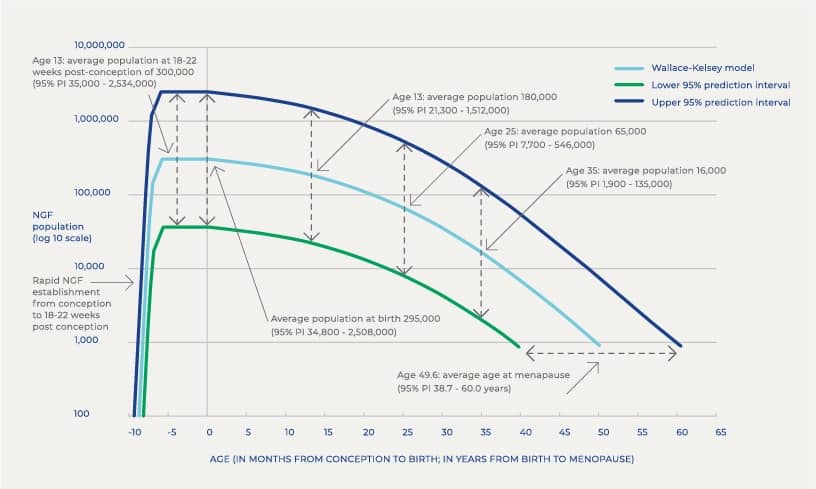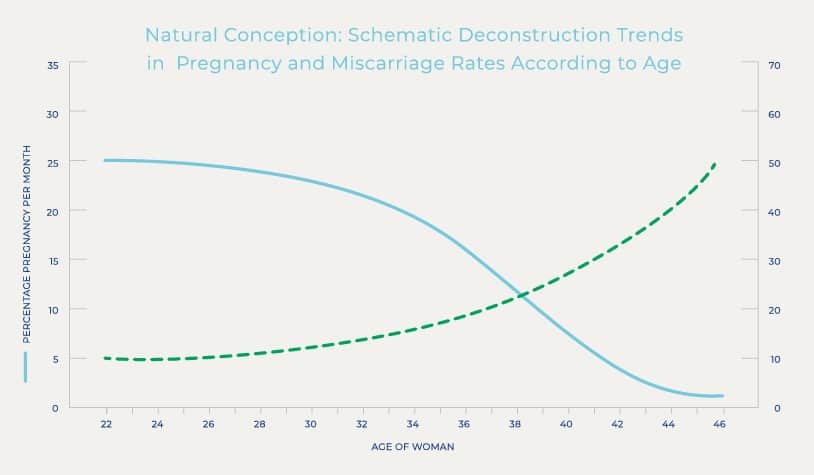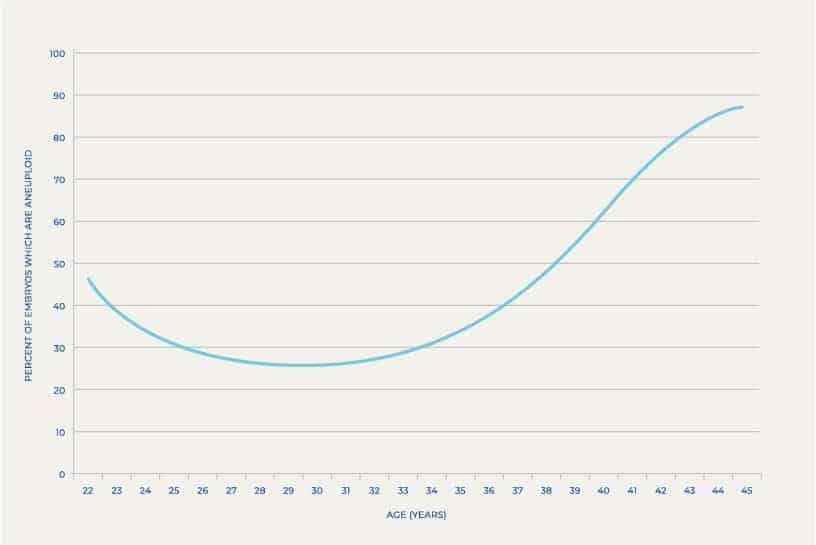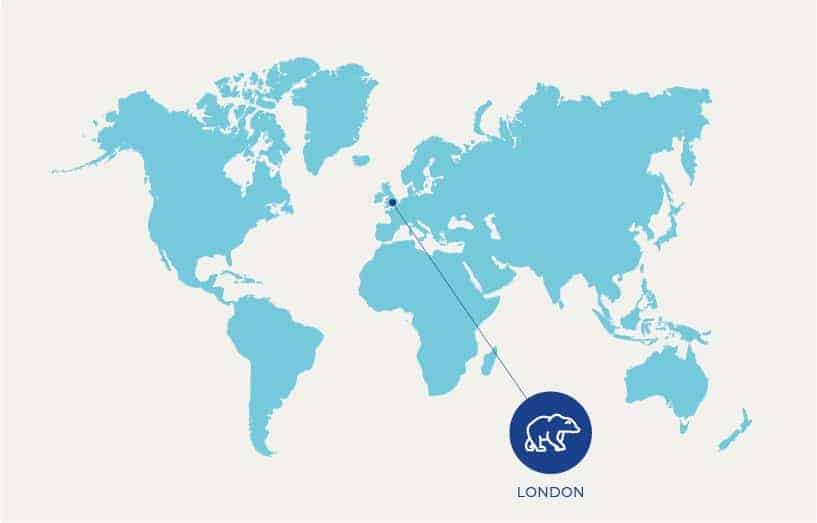Egg Freezing Explained
Ice Fertility launched its website in 2020 as the nation was rocked by the Covid pandemic, forcing businesses and healthcare to consider new ways of delivering services. Our unique model has revolutionised egg-freezing, making it affordable and efficient and bringing the clinic to your home or computer.
We are the first and only clinic to currently offer home scanning using telemedicine to monitor your response to stimulation.
Using the latest tech advancements, secure and compliant digital messaging and medicines management, coupled with in-depth clinical experience, our online platform provides our clients with everything they need to know about the process, taking them through their journey from start to finish, in a simple, professional and clear manner

How does it work?
Use the Ice Fertility platform to learn what is involved in egg freezing. Find out how many eggs you might obtain and your chance of having a baby if you need to use them – all in the comfort of your own home.
The process involves just 5 simple steps outlined on Your journey page,
most of which are completed remotely, in your own home.
What is my chance of having a baby?
Use our calculator to find out your chances a successful pregnancy based
on your age and how many eggs you freeze.
It will help determine whether undergoing additional egg freezing. cycles would result in a meaningful increase in your chance of having a baby.
The calculator is based on the results of a retrospective dataset from a single clinic in the US and are the best indication of the number of eggs you might need. The data are as yet unvalidated, but will be updated as more studies are published.
Limited data exist regarding the outcome of egg freezing cycles when the eggs are thawed.
Note: number of mature eggs assumes 95% survival of thawed eggs (85% if age is ≥36 years).

Eggs are a
non-renewable resource
We are born with all the eggs we will ever have – and their quantity and quality decrease as we age. Unlike skin cells or blood cells, which regenerate, our bodies aren’t able to make more egg cells.

EGG COUNT
Whilst we cannot predict when your menopause will arrive, we can work out where you sit on the fertility spectrum compared with other women of the same age and to some extent how you will respond to ovarian stimulation. This allows us to estimate the number of eggs you might be able to freeze during one cycle.
There are two tests that can help us here. The first is an antral follicle count (AFC) where an ultrasound scan is performed in the early stage of your menstrual cycle and counts the number of small or antral follicles present that month which have the potential to grow into mature eggs. The second is a blood test to measure your level of anti-Müllerian hormone (AMH).
AGE MATTERS
Freezing your eggs whilst you are still young offers you a chance to avoid this effect of ageing on both the numbers of eggs and the quality or fertility potential.
Some authorities question the benefit of egg freezing based on current published success rates. The problem here is that up until now, the majority of women freezing their eggs have been over the age of 38 and the disappointing success rates reflect this.
The unarguable fact is that the younger you are when you freeze your eggs, the more chance you will have of a successful pregnancy when you come to use them.
Freezing your eggs whilst you are still young allows you to act as an egg donor to your future self.

Quality and Quantity
As you age, a higher percentage of your eggs contain abnormal numbers of chromosomes (aneuploidy).
These abnormal eggs often do not fertilise and if they do they either fail to implant or cause a miscarriage which leads to further delay in starting your family.
Down syndrome is a well-known condition caused by aneuploidy (in this case an extra chromosome 21). The majority of embryos affected with Down syndrome miscarry and only a small minority will lead to the birth of a child with the condition.
The graph below shows how aneuploidy rates rise with age.
Global Demand
Over the past 5 years, there has been a rapid increase in the demand for egg freezing, driven in part, by improving success in the laboratory techniques of freezing and thawing eggs.
Egg freezing is gaining acceptance by the regulatory authorities. In the US, the American Society for Reproductive Medicine recognised that laboratory developments had resulted in a much higher success rate with frozen eggs and removed the experimental process label it had applied for the procedure in 2012.
In the UK, the HFEA (Human Fertilisation and Embryology Authority) published a report in 2018 that was broadly supportive of egg freezing, with the important caveat that the most important factor for success was the age of the woman at the time the eggs were frozen.
Ice Fertility is uniquely placed to meet the global demand as our model only requires you to attend the fertility clinic on the day of your collection. The rest of the work up can be carried out anywhere in the world.
Frozen eggs can easily be transported
We only work with clinics that have consistently high success rates. If clinics near you are less experienced with egg freezing or are not currently achieving the best success rates, we will recommend another centre to carry out the procedure.
You can move your frozen eggs when you wish to use them.


